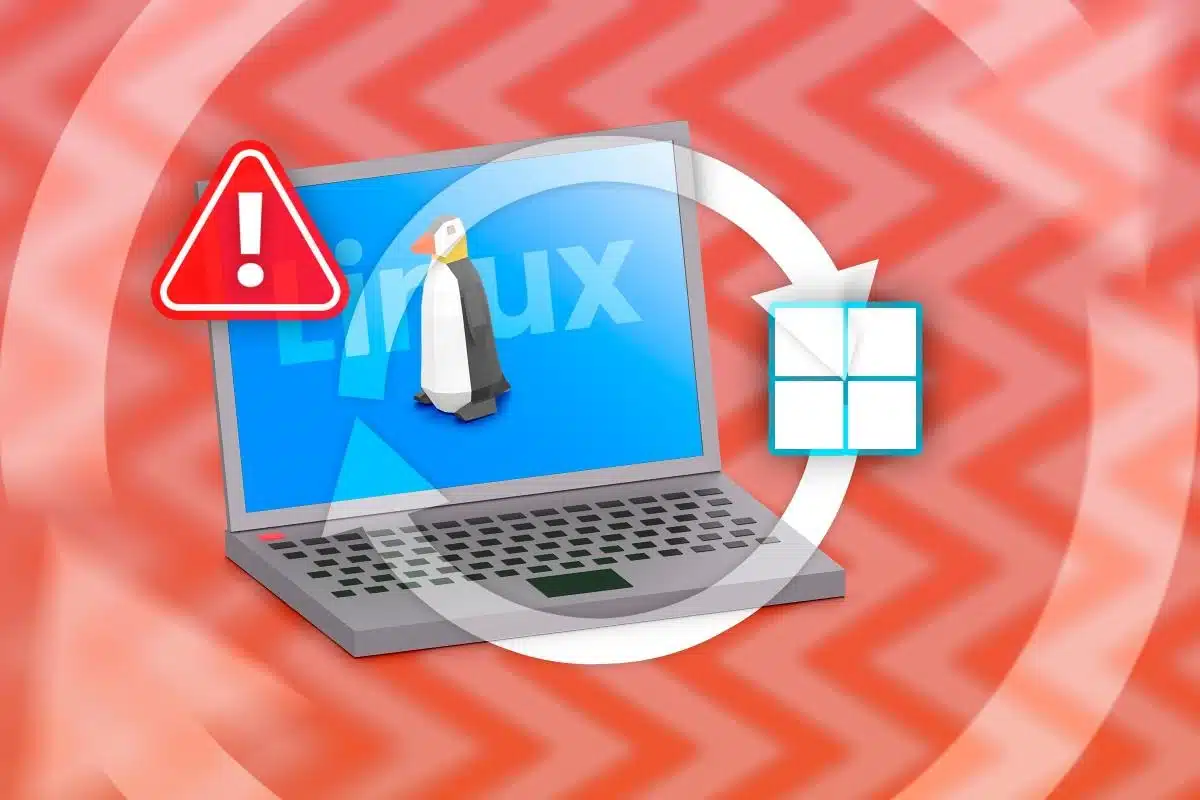If you experience any difficulty in accessing content on our website, please contact us at 1-866-333-8917 or email us at support@chicagovps.net and we will make every effort to assist you.

Before you say anything—Linux is great. I’ve been writing Linux advocacy pieces for more than a decade. Desktop Linux has come along by leaps and bounds, and has yet to reach its full potential. However, for those who have never used Linux in any of its flavors, there are still reasons to think twice before diving in.
If you need to use specific software that doesn’t have a native Linux version, then that’s a pretty good reason not to use Linux. After all, in the end what really matters are the software apps we need.
That being said, there are plenty of ways to get Windows software (for example) running on Linux. The number-one stop for this is WINE which is short for WINE Is Not an Emulator. Oh those open source goofs with their recursive acronyms!
If your preferred applications rate well on platforms like WINE, then transitioning might not pose significant issues. It’s wise to check for yourself, and I suggest trialing Linux within a Virtual Machine to determine compatibility with your software. Beyond WINE, other methods like using a virtual machine could also be viable options.
If you’re into PC gaming, Linux might not fully meet your needs yet. Many Windows games do run smoothly on Linux nowadays thanks to efforts like Proton, and specific distributions like SteamOS are optimized to enhance this compatibility. However, the experience isn’t always perfect since games operate through a compatibility layer. Therefore, for dedicated PC gamers, Linux remains a system to keep an eye on, though it might not be the primary choice yet, unless all your favorite games are confirmed to run well on it.
When you first install your Linux distribution of choice, you may find that some things just don’t work out of the box. The common culprits are Wi-Fi, Bluetooth, and GPU acceleration features. Finding and installing drivers for Linux is easier than ever, of course, and a lot of hardware will just work out of the box, but in a Windows-focused world, you can expect to spend some time getting more obscure hardware to play nice, or at all.
If you run into issues with Windows or macOS, you have a customer support line you can call or email, which for many people is absolutely necessary outside our relatively small computer geek bubble. Linux, as an open-source operating system, has no central support channel. So you’ll have to visit forums or other user-supported resources to get the help you need.
That’s not to say that you can’t get dedicated Linux support! There’s an entire industry built around supporting Linux, such as Red Hat Enterprise or Ubuntu Pro, but these are generally aimed at enterprise customers, and not regular desktop users. So, whether you can switch to Linux would depend on whether the type of support you need is available or not.
I can already hear the comment section gearing up for this one, but let’s face facts—compared to Windows or macOS the chances that a Linux user will have to dip into the Terminal or spend time doing technical stuff that the average person just doesn’t want to deal with is far higher. Windows and macOS do a more aggressive job of hiding the nuts and bolts from their users, and it’s both a strength and a weakness of Linux in general that the inner workings are more exposed.
Remember that most people view computers mainly as tools for resolving issues or accomplishing tasks. The computer itself holds little fascination. Linux can be compared to a project car that enthusiasts enjoy tinkering with over the weekend. While tinkering may be part of its charm, the average user desires a reliable vehicle, akin to a minivan that runs smoothly even with overdue oil changes. However, desktop Linux has not yet fully reached this level of reliability for everyday users.
ChicagoVPS is your gateway to unparalleled hosting solutions. Our state-of-the-art datacenters and powerful network ensures lightning-fast speeds and uninterrupted connectivity for your websites and applications. Whether you’re a startup looking for scalable resources or an enterprise in need of enterprise-grade hosting, our range of plans and customizable solutions guarantee a perfect fit. Trust in ChicagoVPS to deliver excellence, combining unmatched reliability and top-tier support.
For Inquiries or to receive a personalized quote, please reach out to us through our contact form here or email us at sales@chicagovps.net.
